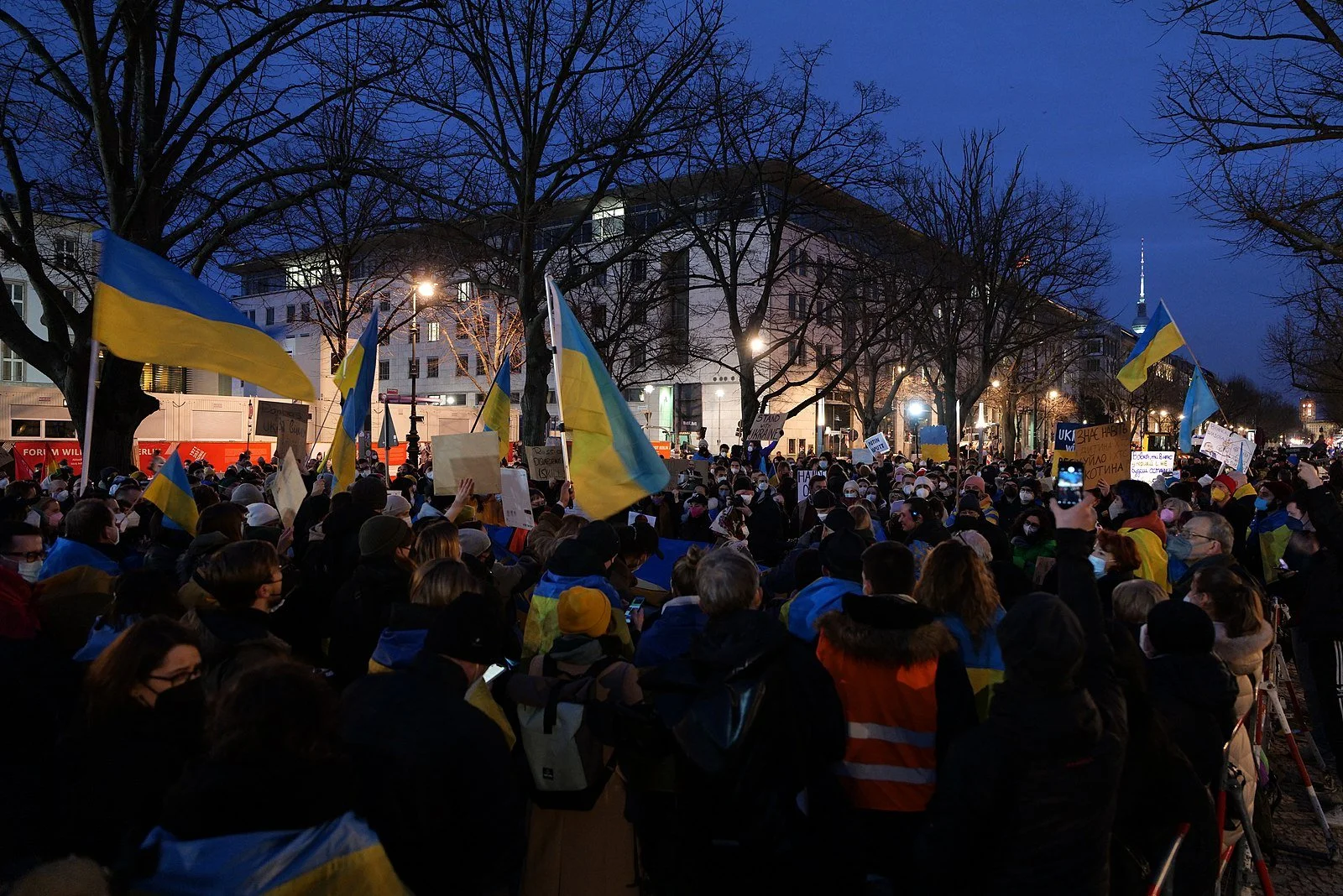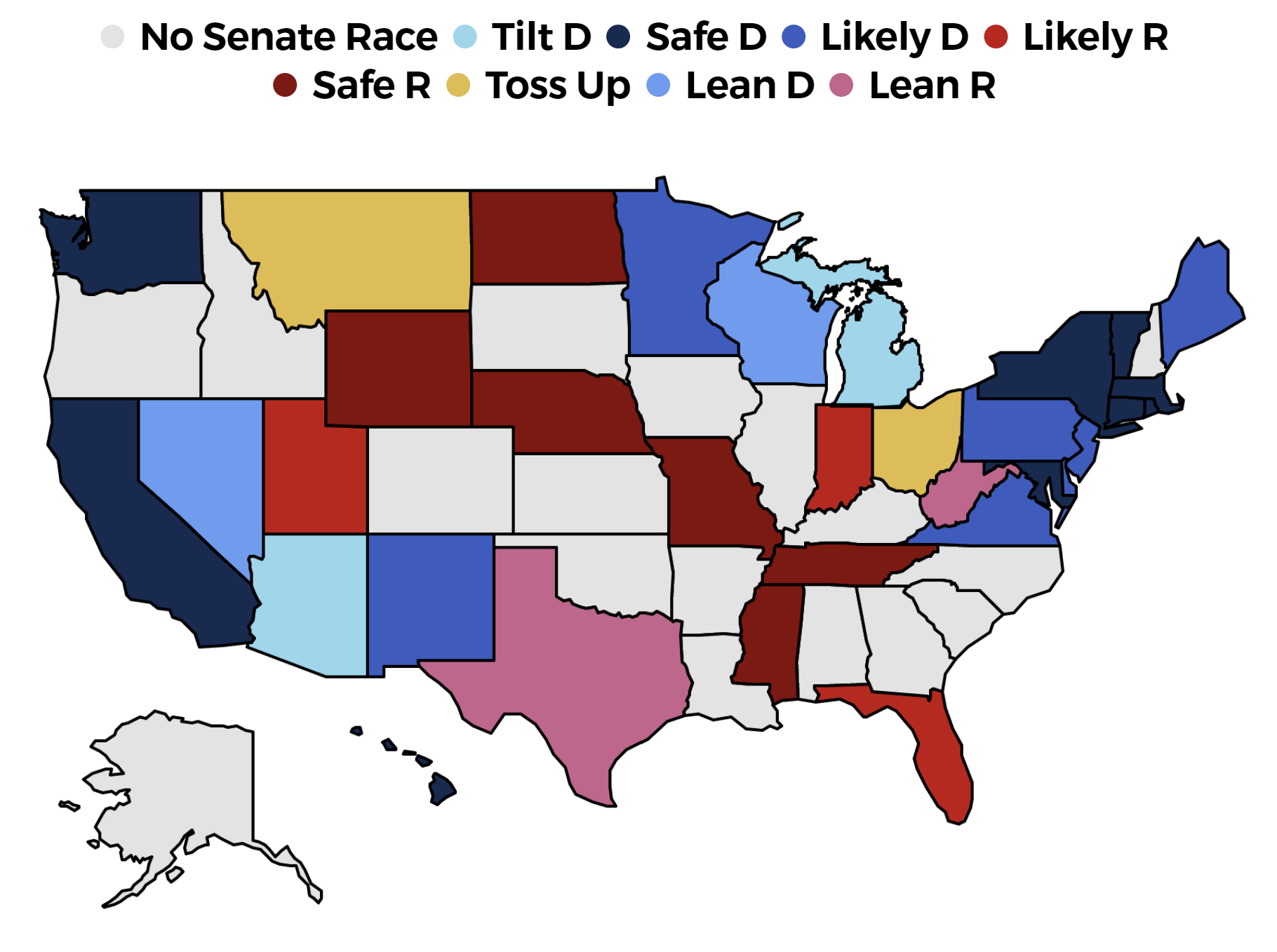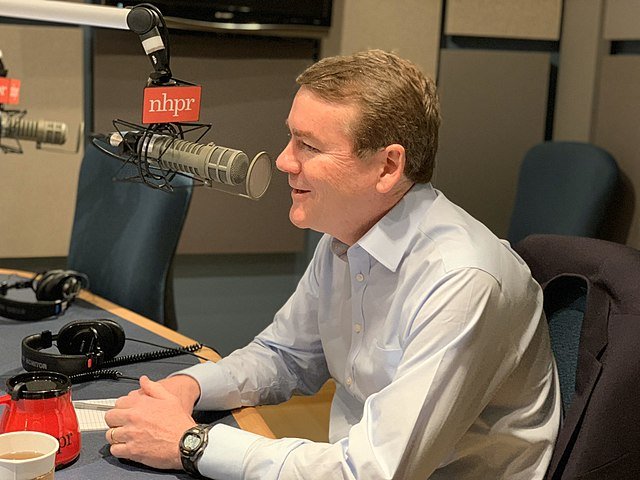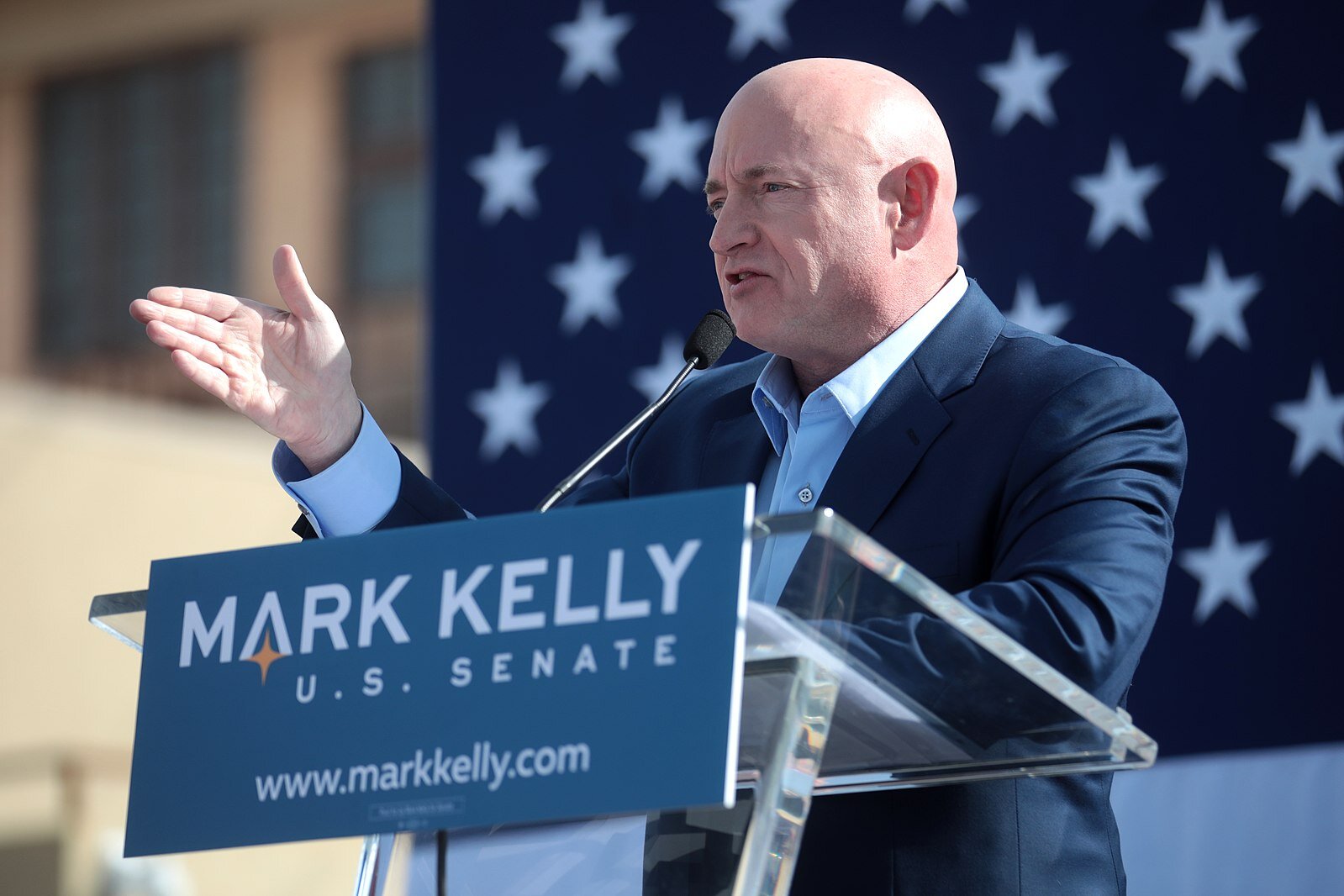Biden's Response to Putin's Invasion of Ukraine Has Been His Finest Moment
Joe Biden at Camp David. Photo Credit: White House Photo Office
By: Logan Phillips, Editor in Chief
Date: March 1st
Every President enters office with grand plans for their administration. But the winds of history are unpredictable, even for the world’s most powerful man, and an entire presidency can be defined by their capacity to respond to an unexpected crisis. It’s safe to say that when the history of Joe Biden's presidency is written, this moment will be viewed as one of its most consequential chapters. He is facing a remarkable juncture of crisis and opportunity that will have long lasting consequences for the United States and the international world order.
Russia has initiated one of the most blatantly aggressive wars of territorial expansion in generations, acting with impunity against the very norms and institutions that have helped create a sustained period of peace where direct wars between states have been few and far between.
History may find that Joe Biden was made for this moment. Far more than most Presidents, Biden views foreign policy through the lens of personal relationships with leaders around the world, relationships he already had developed after eight years as Vice President. He has successfully leveraged them and mobilized an alliance of Democracies both in and outside of Europe to counter Russia’s aggression on both economic and military fronts.
They’ve acted in lockstep on each additional round of sanctions, and President Biden has stepped back and allowed other allies to share the credit without making the United States the center of the story. Building such support was far from guaranteed. Many of America’s allies rely on Russian trade, and especially Russian energy, to power their economies. They’ve had to willingly take on economic pain to secure the security and stability of the world.
America denied Russia any chance to create a compelling counter-narrative to build support for their invasion. Biden publicized US Intelligence on multiple occasions that indicated Russia was about to execute false flag operations to create an “attack” on pro-Russian separatist civilians by Ukraine to justify their invasion. Eventually, Putin gave up and initiated the war anyway, and justified the invasion on broad and uncompelling grounds, including protecting the Ukrainian people from the “Nazi leadership” of Ukraine (a bold claim, considering Ukraine has elected one of the world’s only two Jewish presidents).
That’s made it far easier to paint Russia as the undisputed aggressor in this war. A global coalition including the European Union, Japan, Australia, South Korea, and the United Kingdom has brought to bear crushing sanctions on Russia.
The impact has already been greater than expected. Russia’s economy is facing enormous consequences less than a week into the war. The ruble has lost 30% of its value relative to the dollar. The Russian stock market has fallen by over 25%. The sanctions have also severely undercut Russia’s ability to respond to the now deadly serious economic crisis by freezing assets held by the Russian National Bank in the US and much of Europe.
As successful as the coalition has been at making the Russian government pay a real price for their invasion, they must not lose sight that innocent Russian civilians will also be severely hurt. There must be clear, explicit guidelines on what Russia needs to do to get the sanctions removed. Otherwise, Vladimir Putin could follow in Fidel Castro’s footprints and redirect blame for any future economic troubles on the outside world.
Protestors Fill the Streets of Berlin to Express Outrage At Putin’s Invasion of Ukraine. Photo Credit: Leonhard Lenz
The U.S. is not the only factor in such a strong alliance. President Zelensky of Ukraine has done a masterful job of uniting Ukraine and showcasing the nation’s fighting spirit, as they’ve proven far more able to repel Russia’s military advances in the early days of this war than most ever expected. Crowds of supportive Europeans have filled the streets in major cities across the continent, encouraging leaders to do whatever they can to help fuel the movement.
Since Russia seized Crimea in 2014, three successive Presidential administrations have worked closely with Ukraine to strengthen their military and conducting joint training exercises. They’ve also supplied them with anti-tank and anti-aircraft weapon defense systems. In the first few days of the war, it’s clear Russia underestimated Ukraine’s anti-tank and anti-aircraft capacity, and Russian soldiers have paid dearly for their commanders’ mistakes.
The US, in coordination with its NATO allies, has committed to providing a steady stream of ammunition, anti-aircraft missiles, and financing through the Polish border. That will be crucial for the Ukrainian military effort, although Joe Biden can be fairly criticized for not delivering additional military support, once Russian troops started massing on the Ukrainian border.
Nonetheless, at this point in the conflict, President Biden has largely met the moment, a vivid contrast to his mistakes in Afghanistan. Without putting American lives in danger, he’s been able to make Russia pay a very serious price for a war that is proving far harder to win than they expected. It is no exaggeration to say that this could be a pivotal moment and the exact opposite of what many justifiably feared just a week ago. Instead of ushering in a new age where the strong and powerful feel they can invade weaker nations with impunity, we are seeing that even great nations like Russia can still be brought down by the international community with severe economic sanctions.
Track Joe Biden’s Approval Rating
Polling Average for Biden’s Support in All Fifty States, and Nationally. Updated Daily.
Photo Credit: Gage Skidmore
Latest Articles
2022 Senate Election Predictions and Polling
Arizona Senate
Mark Kelly Re-Election Polling and Predictions











